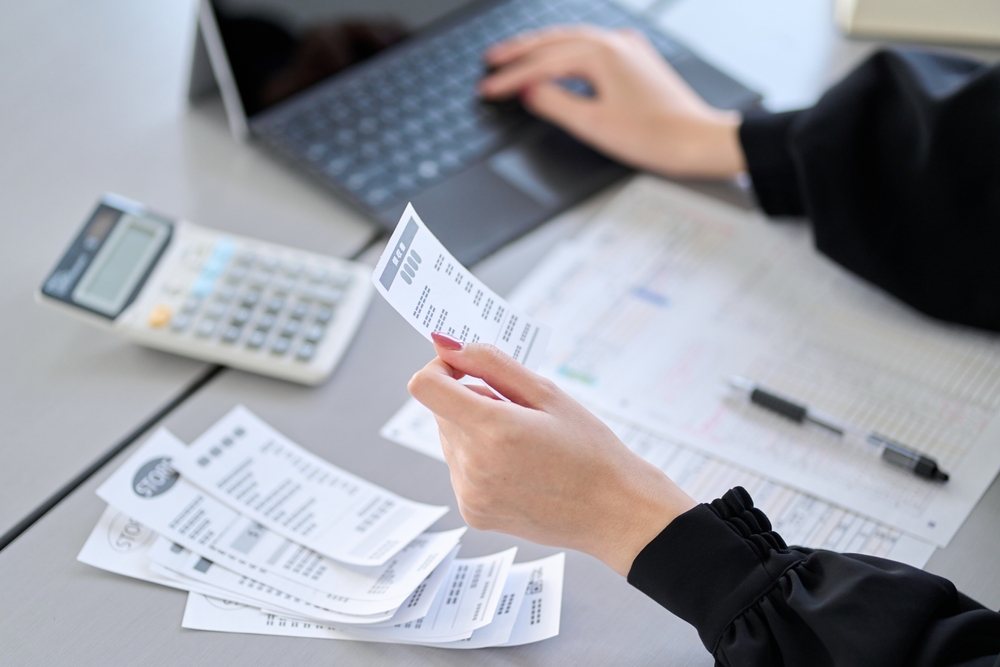I recently did a technical presentation in Bangkok to a group of family business people. And while the material, and discussions afterwards, were enlightening, I was eager to see some of this great city.
A group of us went to the Skybar. It was incredible. The view was amazing. The people (except me of course) were dead set beautiful and the atmosphere was electric. I had one night in this city and I wanted to really experience it.
The guys with me were also present at my seminar. The conversation moved around but it inevitably came back to how our business tried to impact on families that were branching overseas – and Asia in particular.
It then became my time to buy a drink for the group.
A beer cost AUD $25. Ouch.
Double ouch.
Anyway. I sucked it in and bought a round. At no stage could I have done a runner on the group. Firstly it is not cool and secondly it would have been the kiss of death for any fledgling relationship.
But the question hangs. Was it fair of me to charge this cost to my business? How do you make sure everybody is equal? How do you balance up needs of different owners? And how do you keep receipts for all this stuff?
Enter the concept of a travel allowance. These things basically take away the need to keep receipts while travelling so come tax time your life managing a family business is a lot easier.
So what is a travel allowance?
It is a payment to cover the costs while an employee is travelling away from home for work. Typically travel allowance covers the cost of meals, incidentals and accommodation in Australia but only the cost of meals and incidentals while overseas.
You can pay travel allowance to any employee even if they do not receive a salary. This is important in a family business as family members are often working directors but do not receive a straight PAYGW salary.
How much is the travel allowance?
Each year the Tax Office issues guidelines as to how much the allowance can be for a person. The current allowance rates are at TD 2016/13 and most people find the rates relatively generous.
And the rates are staggered to allow for different levels of seniority in the family business to be recognised.
The main benefit
If you are paid a bona fide travel allowance while travelling you can claim a tax deduction for the same amount without keeping receipts to prove it.
This is important. Most often people, especially family members, will give up on the tax deduction as it is simply “too hard”. Receipts will also be lost and the receipts could be in another country so they are borderline useless in understanding what you did a while back.
The word “bona fide” is important. You have to have incurred expenditure in relation to your travel.
So if you chose to stay at a mates house for free in Sydney and you did not pay a cent for the trip you cannot claim a travel allowance.
Privacy
The other benefit of a travel allowance is that it gives a family member a level of privacy. Sometimes in a family business the families details can become quite involved. Mums might be looking at every penny and the control could become stifling. So if a family member spent a bit too much one evening – it is good to know that the allowance simply covers the cost without having to “fess up” to ones indiscretions.
An allowance is not forced upon you
Simply because the ATO sets a maximum rate for a travel allowance does not mean that you must pay this amount to employees in your family business. This is a maximum rate. Your family business can choose how much to pay staff while travelling.
Of course the words “bona fide” means that the payment must be realistic. Paying your staff $6 a day for accomodation, meals and taxi fares is not a bona fide allowance.
Travel allowance does not stop your legitimate claim
Of course there are many legitimate reasons why you have incurred more while travelling than the amount set by the ATO.
In this case you simply tally up the actual costs incurred while travelling and you claim these as a tax deduction – either personally or through your family business. The travel allowance is there to alleviate receipts. It does not stop you claiming legitimate costs.
Are you travelling?
Most often the concept of travelling is quite simple. However where a person is going on an extended trip it can become confusing – at what point in time is a person simply travelling through a city as opposed to living in a city?
The Tax Office have a general directive that if you are away from home for less than 21 days – you are travelling.
This is a guide of course and varies depending on the facts. So if you are say, a country sales agent in the family business you might be away from home for 6 months – but only sleeping two nights in one town at a time.
Equalisation
Importantly – the concept of travel among family members is a sensitive one. Petty jealousy can arise from family member to family member. Often travel is seen as a “perk” for working in the family business by some and a menial chore by others.
If you are in the family business – write up a policy on family members and travelling. Make it clear who can and cannot and the basis the decision is made. If it is really being done because they are family – own up to it. Likewise if the people travelling are doing so in the family business simply to make the family business great – clearly articulate that and discuss it among the family.
Using travel allowances within the family creates a level playing field for all. This can be of a value to the family business significantly more than a few extra dollars of tax deductions. Tax planning can often be a grey area for most family businesses, let our experts help you get the most out of your tax deductions while travelling.





